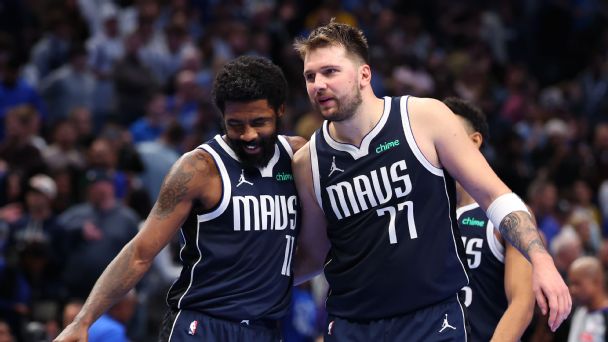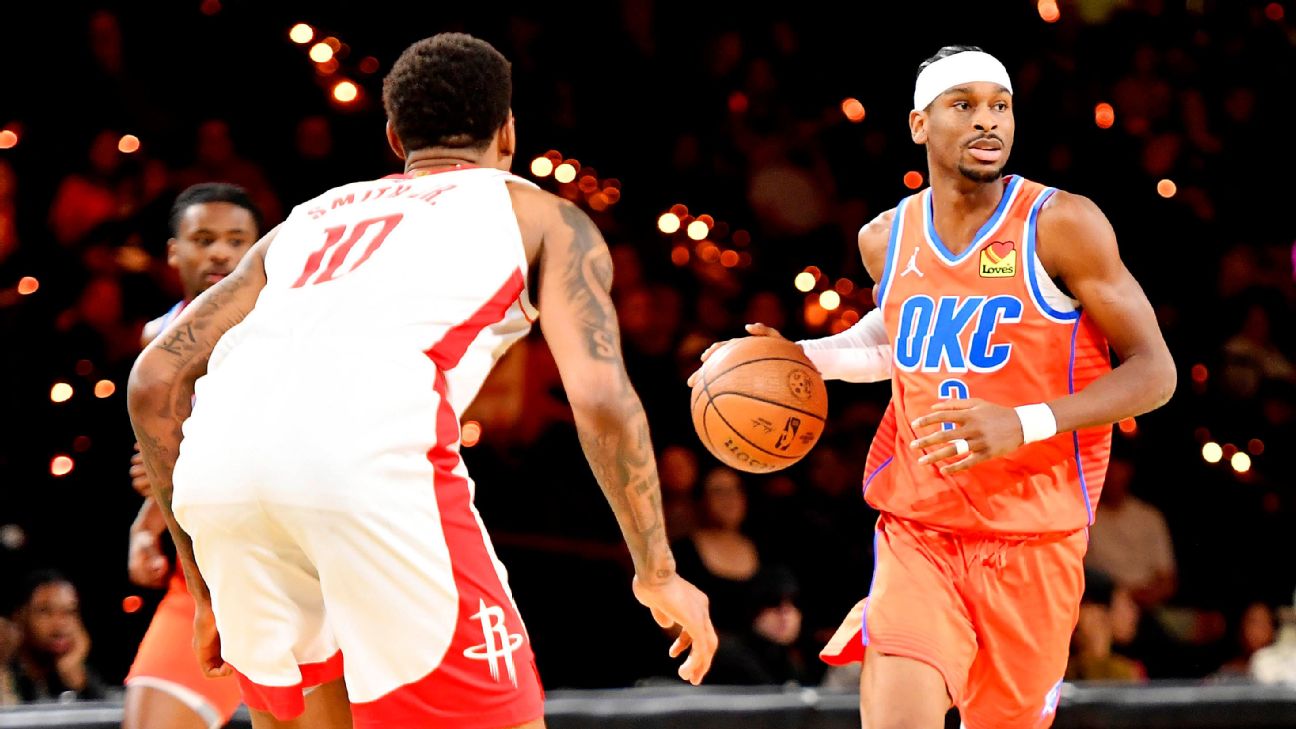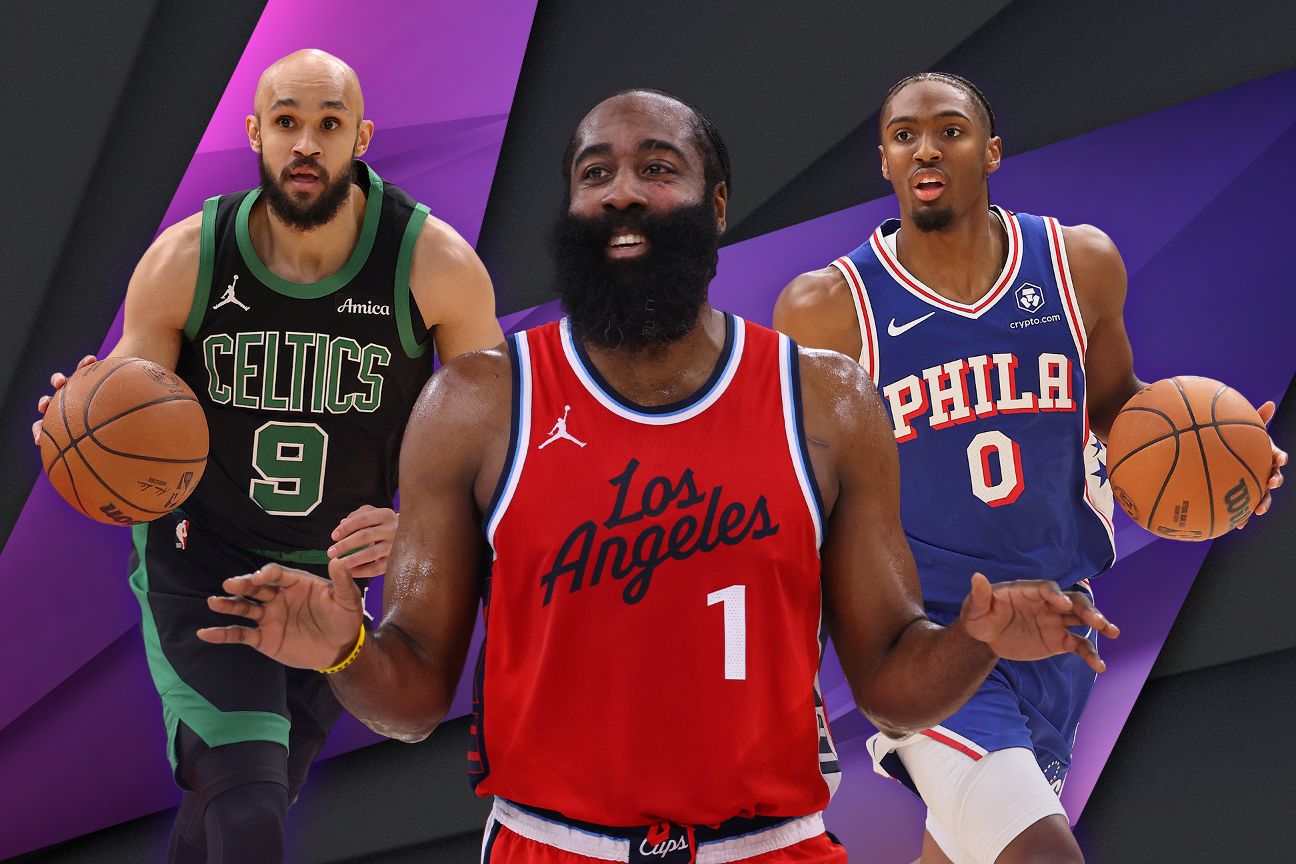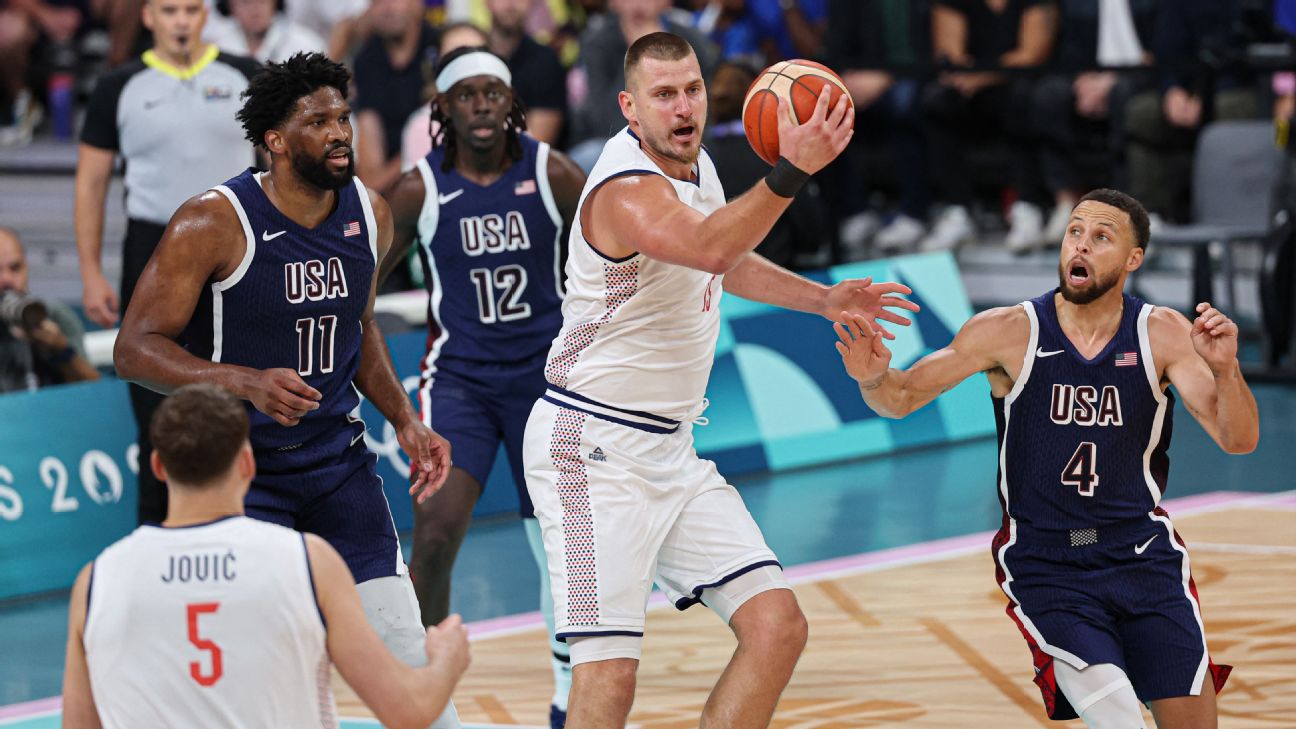The NBA Cup quarterfinals roll on to see which teams will move on to the semifinals Saturday in Las Vegas and ultimately the championship on Dec. 17 at T-Mobile Arena.
To recap, all 30 teams were put into five groups and played four designated group games during the first part of the regular season. Eight teams — four from each conference — emerged from the group stage to set up the quarterfinal bracket of the NBA’s second edition of the in-season tournament.
The top-seeded Milwaukee Bucks (East Group B winners) clinched their spot for the East semifinals by defeating the Orlando Magic (East wild card) 114-109 on Tuesday. They now await Wednesday’s winner between the Atlanta Hawks (East Group C winners) and the New York Knicks (East Group A winners).
Also on Tuesday, the West’s No. 1 seed Oklahoma City Thunder (West Group B winners) dispatched the Dallas Mavericks (West wild card) 118-104. They’ll take on either the Golden State Warriors (West Group C winners) or the Houston Rockets (West Group A winners), who clash Wednesday.
EASTERN CONFERENCE quarterfinals:
(1) Milwaukee Bucks 114, (4) Orlando Magic 109
(3) Atlanta Hawks at (2) New York Knicks — Wednesday, 7 p.m. ET (ESPN)
WESTERN CONFERENCE quarterfinals:
(1) Oklahoma City Thunder 118, (4) Dallas Mavericks 104
(3) Golden State Warriors at (2) Houston Rockets — Wednesday, 9:30 p.m. ET (ESPN)
Here’s what stood out to our NBA Insiders following Tuesday’s action.
Jump to a section:
Takeaways| Schedule | FAQ
‘s Oklahoma City Thunder, , Los Angeles Lakers, , San Antonio Spurs
West C: Denver Nuggets, Dallas Mavericks, New Orleans Pelicans, Golden State Warriors, Memphis Grizzlies
Does one group stand out the most from the others?
Yes, there is an obvious one: West Group C, featuring the Nuggets, Mavericks, Pelicans, Warriors and Grizzlies.
Because of how the draw is performed, Golden State and Memphis, which dealt with a combination of suspensions and injuries, are significantly stronger than you would anticipate teams in the bottom two pots to be.
But in addition to featuring the reigning MVP in Nikola Jokic and Zion Williamson, the group also could offer the first meeting between Klay Thompson and his former team after the guard signed with Dallas following 13 seasons with Golden State.
What do players get for winning?
Last year, the players on the winning team received $500,000 each, while those on the runners-up got $200,000. The losing players of the semifinals each got $100,000, and those ousted in the quarterfinals each got $50,000.
This year, the prizes will be slightly higher because of negotiated raises year over year to keep pace with increases in the salary cap and basketball related income as part of the most recent collective bargaining agreement between the NBA and the National Basketball Players Association.
Will anyone earn individual honors for their play in NBA Cup games?
There will be an MVP award, as well as an all-tournament team.
Will this have any impact on the playoffs?
Not beyond the games counting in the regular-season standings (and toward tiebreakers). Though there was debate among league insiders about guaranteeing a playoff berth for winning the tournament, ultimately that idea (or any other to further incentivize teams) was not enacted.
The debate continued after last year’s in-season tournament winner, the Lakers, wound up in the play-in tournament, while the runner-up, the Pacers, narrowly avoided landing in it. But, in the end, the only playoff impact comes from the wins and losses accrued throughout the tournament.
Why is it called the Emirates NBA Cup?
The league struck a sponsorship deal with Emirates, the Dubai-based airline, to sponsor the tournament after its initial run. The NBA said last year that it went with the most basic titles for both the tournament and its trophy — the “in-season tournament” and “NBA Cup” — as a way to introduce the concept to fans.
However, using such nondescript names had another clear advantage: It gave the league a blank slate in case the tournament and cup became properties it ended up selling to a sponsor, and avoided the complications that could arise by naming them after someone (for example, the late NBA commissioner David Stern, one possibility that had been floated before the tournament was officially unveiled).



